Is OCD Misunderstood? Breaking the Stigma and Finding OCD Treatment in Arizona
Imagine this: you’re sitting at a coffee shop in Scottsdale, overhearing someone laugh and say, “I’m so OCD about my latte order.” Everyone chuckles. But for you—or someone you love—those three letters mean something entirely different. They represent sleepless nights spent battling relentless thoughts, exhausting rituals that hijack your mornings, and the constant fear of losing control over your mind.
If that moment stings, you’re not alone. In Arizona, where conversations about mental health are only recently becoming more open, stigma and misunderstanding about OCD remain some of the biggest barriers to getting help. The International OCD Foundation reports that more than two-thirds of people can’t accurately identify what OCD truly is.
What OCD Really Looks Like
Despite what pop culture might suggest, OCD isn’t about being tidy or particular. It’s about being trapped in a cycle of intrusive, unwanted thoughts (obsessions) and repetitive behaviors or mental acts (compulsions) that temporarily ease anxiety—but reinforce it long term.
For example:
Repeatedly checking if the stove is off, even when you know it is.
Mentally replaying a conversation to make sure you didn’t say something wrong.
Avoiding loved ones because of fear of contamination or intrusive thoughts.
These aren’t “quirks.” They’re exhausting mental loops that can consume hours of someone’s day.
Why the Stigma Still Hurts in Arizona
Across Arizona—Phoenix, Tucson, Scottsdale, and beyond—many people still feel pressure to appear “fine.” Culturally, resilience is admired, but that can make it harder to admit when something deeper is going on. For some, especially in rural areas or tight-knit communities, talking about mental health still feels taboo.
And when someone does open up, they often hear things like “Just stop thinking about it,” or “You worry too much.” These misunderstandings can make OCD sufferers feel more isolated and misunderstood—keeping them from the care they need.
The Turning Point: Awareness and Early Intervention
Awareness changes everything. Recognizing that OCD is a real, treatable condition is the first step toward healing. Evidence-based treatments like Exposure and Response Prevention (ERP), Acceptance and Commitment Therapy (ACT), and child counseling for younger individuals can help retrain the brain’s anxiety response.
For parents, this means learning to recognize when a child’s routines or fears cross into distressing patterns. For adults, it means understanding that intrusive thoughts are not your fault—and you don’t have to face them alone.
How BrainBody Wellness Counseling Helps
At BrainBody Wellness Counseling in Scottsdale, we specialize in holistic, evidence-based care for OCD and related anxiety conditions. Our team provides a warm, supportive space where individuals and families can:
Learn practical coping strategies
Break the cycle of obsessions and compulsions
Reconnect with a sense of peace and control
Get support through individual, teen, and child counseling
Many of our clients tell us that walking through our doors—or even attending their first telehealth session—was the moment they finally stopped feeling alone.
FAQs About OCD Treatment in Arizona
1. Is OCD really that common?
Yes. About 1 in 40 adults in the U.S. lives with OCD. In Arizona alone, that’s tens of thousands of individuals—many undiagnosed or untreated.
2. How do I know if I or my child might have OCD?
If intrusive thoughts or repetitive behaviors are causing distress or disrupting daily life, it may be OCD. Professional assessment can clarify this.
3. Can children develop OCD?
Absolutely. OCD often begins in childhood or adolescence. Early intervention through child counseling can make a significant difference in managing symptoms and improving long-term outcomes.
4. What treatment works best for OCD?
Exposure and Response Prevention (ERP) is the gold-standard therapy, often combined with mindfulness-based or acceptance-based approaches like ACT.
5. Is OCD treatable through telehealth?
Yes. Many Arizona residents successfully receive OCD treatment via telehealth, especially those in rural areas with limited access to specialized care.
Take the Next Step Toward Understanding and Healing
Maybe you’ve been managing your OCD in silence, or maybe you’ve noticed patterns in your child that feel familiar. Either way, you don’t have to keep wondering or coping alone.
If you’re ready to understand your mind—and find peace again—schedule a free consultation with BrainBody Wellness Counseling today. Together, we can break the stigma, one honest conversation at a time.




